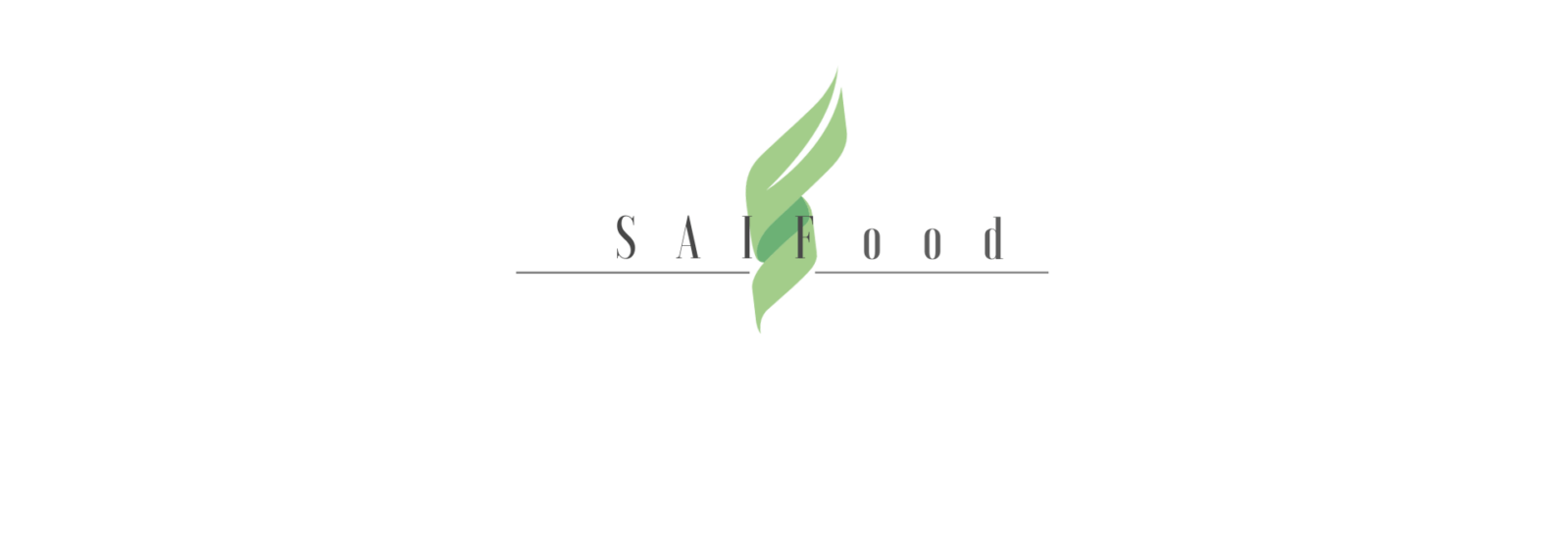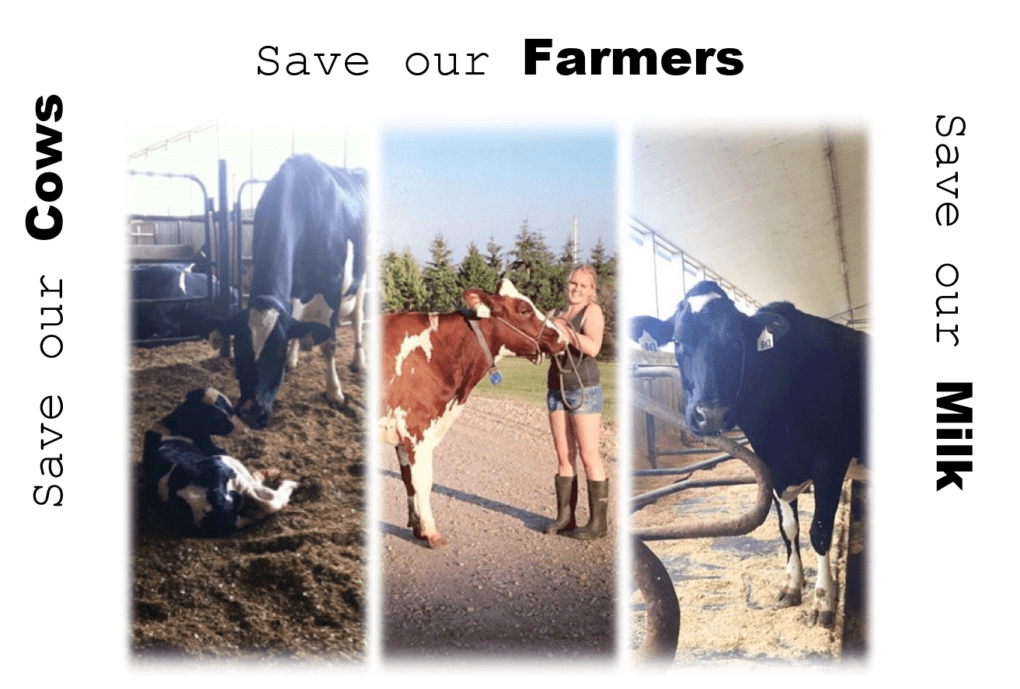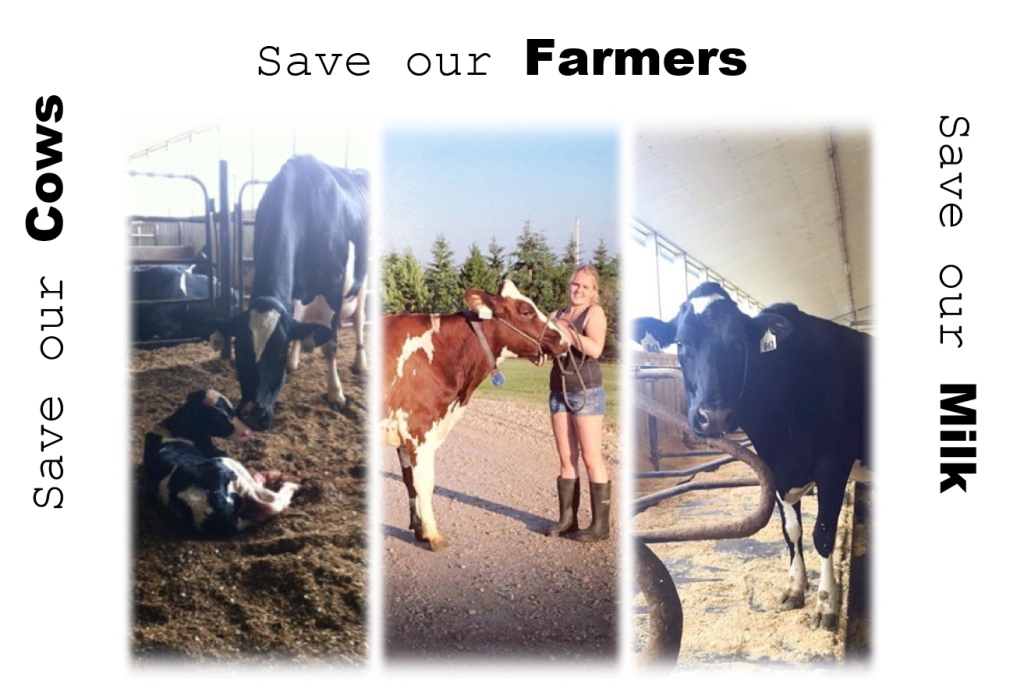
By Shelby Devet, University of Saskatchewan student
I would like you to take a moment to think back to when times were simpler when there was no internet, kids played outside, and dairy farmers knew each cow by name. Fast forward to today, there is the internet, kids don’t get outside enough, but farmers still know their cows by name, thanks to the quota system.
Many may have heard about Canada’s recent signing of the Trans-Pacific Partnership (TTP) and what this means for Canadian dairy farmers. It’s no secret that Canadian dairy farmers are fighting to keep the quota system alive, it’s the source of their livelihood. Small dairy farms will no longer be possible, and the beloved dairy cow will now become a part of a large factory farm approaching the number of 5000+ cows.
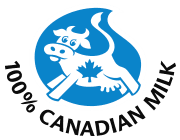 So what is the TPP, supply management, and the quota system? The TPP is a multi-national trade agreement between 12 countries that border the Pacific Ocean.
So what is the TPP, supply management, and the quota system? The TPP is a multi-national trade agreement between 12 countries that border the Pacific Ocean.
What I would like to bring to your attention is supply management, especially pertaining to Canadian dairy farmers. The dairy supply management system is an agreement, that was established in the 1960s, where Canadian dairy farmers act together in which they negotiate and adjust their milk price and production in relation to the consumers need. In the days leading up to the signing of the TPP, farmers paraded in front of Parliament Hill leading dairy cows, driving tractors, and showing the common blue cow sign that can be associated with Canadian milk. The voices and concerns of dairy farmers were overlooked and the adoption of the TTP means that Canadian dairy farmers will have to open 3.25% of production to foreign dairy products.
Canadian dairy farmers contribute $18.9 billion to Canada’s GDP and 215,000 jobs and work very hard to make their products so the loss of this system would also result in the loss of thousands of jobs to farmers across the country. The milk displaced by this agreement will never be produced in Canada, and will result in lost revenue for our farmers, and for the Canadian economy. With this being said, dairy farmers will continue to do what they do best, working hard around the clock, doing what they love, with the animals they love. According to a talk that took place in Hawaii, New Zealand is the country that was pushing for Canada to sell out a portion of the quota system. Not only will the shipping be harmful to the environment but it just does not make logical sense. If you think the quota system is still not something worth fighting for I encourage you to think again.
Coming from a family dairy farm that has been built from the ground up by my parents, this is a subject that really hits home. If the government continues along the path that it is on now, the fate of our farm is pretty much sealed. Many farms like ours will drown in the debt we have accumulated to keep the farm running. This is why I encourage the public to think of the importance of supply management and the quota system, a vital support system needed to keep the family farm a thing of the present and future, not the past.
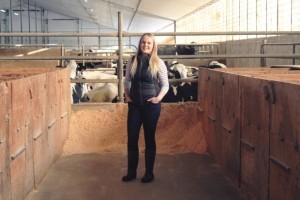
Shelby Devet
Shelby Devet was born and raised on a dairy farm in Ponoka, Alberta. Currently, she is finishing up her second year as Bachelor of Science student in Agribusiness at the University of Saskatchewan. Aside from working on the family farm Shelby enjoys showing dairy cows, and travelling to various dairy shows. In addition, she also shows horses on the APHA & AQHA circuits. After completing her degree, Shelby hopes to work for a dairy genetics company to continue to build the dairy breeds and become integrated into the industry.

